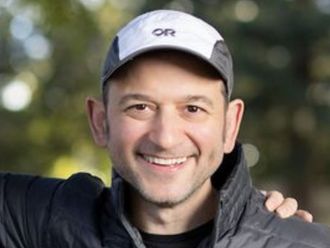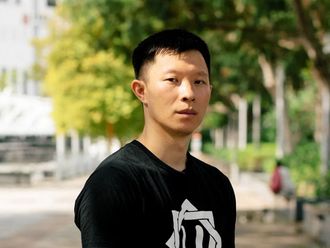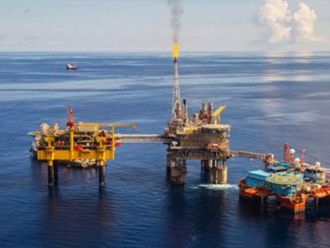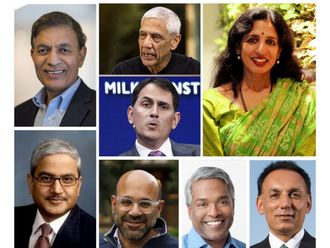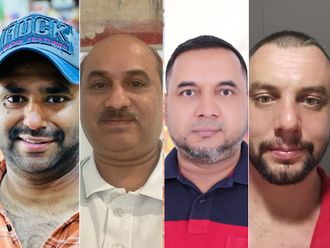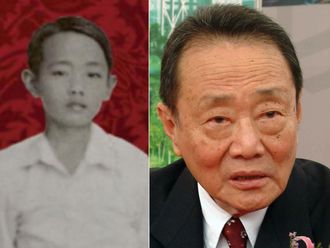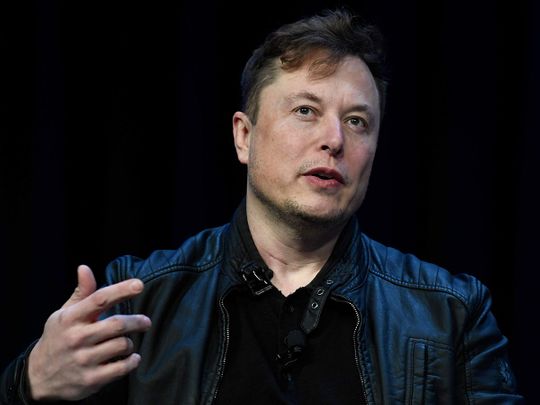
Highlights
- There’s a growing frustration among Tesla customers over overpriced parts and repairs.
- Class lawsuits over the so-called "right-to-repair" could be joined by customers who face Tesla troubles and got them feeling broke for huge repair costs.
A year ago, the owner of broken down Tesla strapped 30kg of dynamite around his Model S. It was a Youtube stunt. The dramatic clip, shot in Scandinavia, showed the car being reduced to a tangled mess, and drew more than 2 million views so far.
The facts behind the claim about the broken down EV cannot be independently verified.
First, the owner claimed he was being charged the equivalent of $22,000 by a Tesla service centre to replace a defective battery, so he decided to blow it up instead.
Second, the demolition company claimed they removed the battery pack before it went "ka-boom".
High cost of repair, service
Among the thousands of video commenters, two key themes emerged: the frustration of EV owners about high cost of repairs and need for “right-to-repair” laws in every country transitioning towards electrified transport.
Its a conundrum in a world udergoing transition: there are few "outside" garages with people sufficiently trained to repair out-of-warranty EV models, which essentially are computers on wheels.
Now, leading electric vehicle maker Tesla, led by multi-billionaire CEO Elon Musk, is facing a fresh legal challenge over the right-to-repair issue. Not one, but two proposed class-action suits in its home turf, the tech media site Gizmodo reported.
This has been a hot-button issue in recent years especially in the midst of relatively new class of products like electric vehicles — the legislation on the subject remains lacking, even in the US.
While there’s no prohibition on Tesla owners to fix, fiddle or modify their units, many owners feel repairs are either too lengthy or replacements — especially of Tesla batteries — are too costly, from $13,000 to $22,000 for a battery.
Tesla “monopolising” repairs
At the heart of the case is an accusation that Tesla is “monopolising” repairs and servicing. Some customer claims Tesla has a strong, almost institutionalised anti-right-to-repair stance.
Tesla guarantees a minimum 70 per cent retention of battery capacity over an 8-year warranty period, or 100,000 miles | 160,900 km, whichever comes first.
8 years
warranty Tesla gives on their car batteries or 100,000 miles | 160,900 km whichever comes firstComplaints
The complaints claim that because Tesla owns both the service facilities and the parts, customers must pay a premium for service and parts. They also complain about long wait times for service availability and/or long wait times for parts.
Batteries, which may be replaced in a few different methods, are the main complaints with EVs. The first choice is to go through a Tesla Service Center (if it fails within 8-year/100,000-mile warranty period).
That would be the logical option for anything covered by a warranty because it would be protected. If a battery needs to be replaced after its warranty has expired, one option is to use Tesla or a third party.
In general, owners of other automobiles can visit any number of repair facilities and have their cars fixed using "third-party" (also known as original equipment manufacturer, OEM) or original parts.
However, some "outside" Tesla repair shops, garrages not accredited by Tesla, already do repairs, and claim they can do the job for much less -- as much as 75 per cent cheaper.
A video posted by Rich Rebuilds in September 2021, claims Tesla quoted a customer for $22,500 to replace a car battery, then claimed to have replaced it for “75% less” — or only about $5,625.
What is the legal basis for the lawsuit?
The legal claims use the long-standing antitrust US Sherman Act, which broadly prohibits “monopolisation” — though the Supreme Court has concluded that the provision only prohibits undue trade constraint. The complaints also refer to the 1975 Maguson Moss Warranty Act, which allows for returns when consumers are forced to pay exorbitant costs under "anti-competitive" conditions.
In the US and most Western nations, Tesla rules EV manufacturing and sales.
1.3 m
Number of cars Tesla sold in 2022Like many other electric vehicles, Teslas may frequently only be repaired at authorised (usually company-owned) service facilities. Parts must frequently be purchased from Tesla manufacturers.
Even outside of EVs, right-to-repair is also a persistent issue. Many other automakers have experienced legal challenges, including Harley Davidson, which was the target of a class action lawsuit in 2022.
Also after a protracted battle with the American Farm Bureau, farm equipment maker John Deere became one of the first automakers to achieve a right-to-repair deal in January.
What did Musk said about outside repair shops?
The issue has been raging for years and Musk actually sent out a tweet about what he thinks about “outside” repair shops.
Musk's other legal issues
#1. Musk wins case over “funding secured” tweet
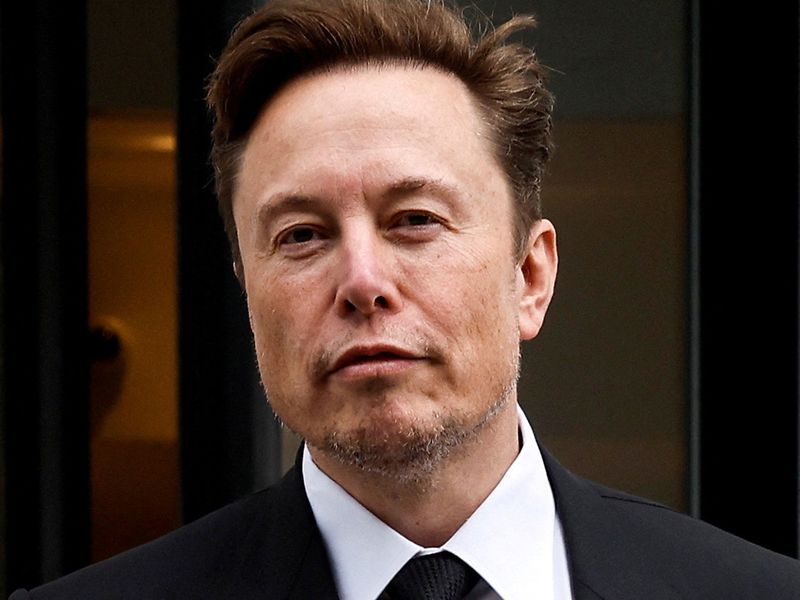
To prove that his "funding secured" tweets for his proposal to take Tesla private were "truthful" and aimed to ensure that all investors had access to equal information before a news leak made it public, Musk himself spent two and a half days testifying earlier this year.
Ultimately, a jury decided in favor of Musk and Tesla and held them not accountable for any fraud resulting from that tweet.
#2. Case over big pay
Recently, a number of Tesla shareholders filed a lawsuit against Musk and the company's board of directors over what they perceived to be Musk's excessive compensation from the year 2018.
The plaintiffs' contention that Musk's pay of over $56 billion was unjustified and ineffective as a motivator was at question.
His attorneys argued in opposition that the pay package really benefited shareholders since it drove up the price of their stock by ten times throughout the relevant time frame. In this case, a decision is still pending.
#3. Case over "Autopilot", and "full self driving" (FSD)
In late February, a proposed class action lawsuit was filed in federal court in San Francisco alleging Tesla and Musk had misled shareholders about the security and efficacy of its autonomous driving software, specifically its “Autopilot” and “FSD” (full-self driving) features.
Tesla calls its autonomous software “Autopilot”, though the manual explicitly states the driver has to have his hands on the wheel and the eyes on the road all the time. The Autopilot/FSD software case is just in its initial stages.


